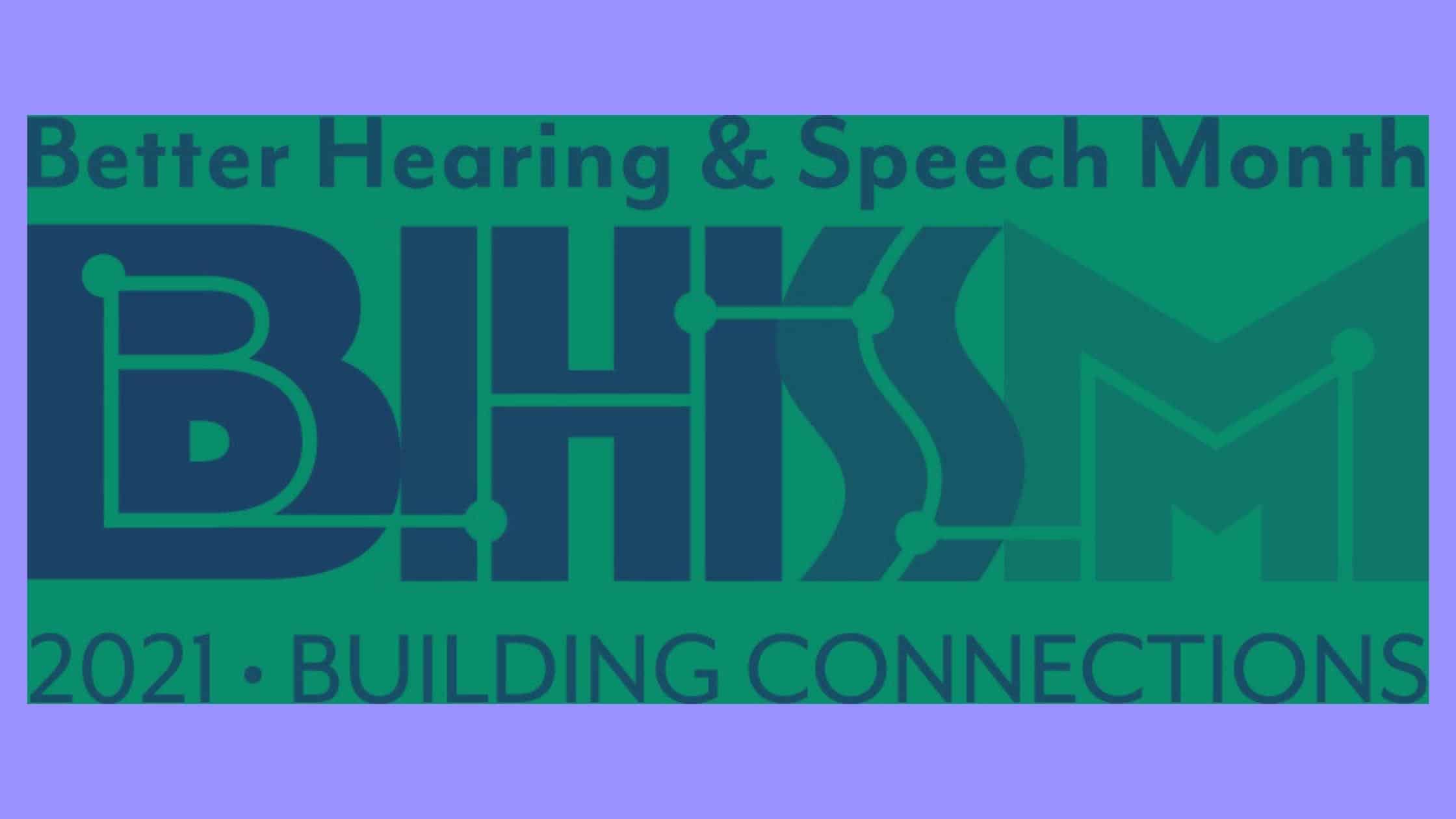
This May brings Better Hearing and Speech Month! Organized by the American Speech-Language-Hearing Association (ASHA), this campaign is invested in raising awareness about communication disorders and effective solutions that transform health. One of the most common medical conditions that impacts communication is hearing loss. It is estimated that nearly 1 in 5 people have some degree of impaired hearing, impacting and estimated 48 million people. Though hearing loss is pervasive, it is often underdiagnosed and remains untreated for quite some time. Delayed treatment can worsen the impairment as well as contribute to the development of other health issues. Intervening early can significantly improve hearing health as well as communication, enhancing daily life.
New Study on Inaction of Hearing Loss
ASHA recently published findings from a new study on hearing loss inaction. The study included nearly 2,500 participants – ages 18 and older – who completed a poll on their hearing health. Key findings include:
- 2 in 10 adults have had a hearing test in the past 5 years, compared with about 6 in 10 who have had their vision tested.
- 51% of all adults reported having hearing problems, but only 11% of those respondents have sought treatment.
- 78% of those with hearing problems have had these difficulties for 1 or more years—and 35% have had trouble for 5 or more years.
This reveals widespread inaction when it comes to addressing hearing loss. Though people are experiencing hearing issues, there is resistance to seeking treatment. People often wait until hearing loss becomes severe and is disruptive to daily life. But this can be prevented by intervening early!
Benefits of Treatment
Addressing hearing loss as soon as you notice symptoms or prioritizing preventive care by regularly receiving hearing tests can lead to transformational changes. There are countless benefits of treating hearing loss including:
- Improves Communication
The most common treatment for hearing loss is hearing aids. These are medically prescribed electronic devices that are designed to absorb, amplify, and process sound. This provides significant support, maximizing hearing capacity and communication which alleviates hearing loss symptoms – tinnitus (buzzing, ringing noise in the ears), sounds being muffled or slurred, difficulty distinguishing words etc. This allows people to hear more clearly and participate in conversations with greater ease and control. With this support, people are able to communicate effectively and be present.
- Enhances Social Life
A significant impact of untreated hearing loss is social withdrawal. Symptoms strain communication and make conversations difficult to engage in. This can lead to people avoiding conversations and social settings. Withdrawing from social life involves spending less time with family and friends, participating in social activities, and retreating from your communities. This impacts relationships by creating distance and possibly tension as well as affects mental health. Isolation contributes to loneliness, depression, and anxiety which tremendously impact well-being.
Treating hearing loss and wearing hearing aids drastically improves hearing ability. This allows people to navigate social spaces and conversations with greater awareness and capacity to engage. Hearing clearly supports people actively participating in conversations and feeling more comfortable. This enhances quality time spent with others and enriches social life.
- Strengthens Relationships
Treating hearing loss also strengthens relationships. Effective communication is essential for healthy relationships. This is impacted by hearing loss symptoms which strain communication and quality time with others. Treatment enables people to share the intimacy of conversations and boosts confidence while engaging with others. People are better equipped to express themselves and be fully available for others during a conversation. This helps support and strengthen relationships with loved ones.
- Improves Overall Health
Untreated hearing loss can increase the risk of developing other health concerns including:
-
- Cognitive decline: hearing loss can accelerate cognitive decline, contributing to the development of dementia.
- Depression: a key finding from a 2015 study showed that depression was more than twice as likely among people who had hearing loss.
- Accidental injuries: a 2012 study found that people with mild hearing loss were 3 times more likely to have a history of falling.
Treating hearing loss reduces the risk of developing these conditions by alleviating symptoms, improving cognitive capacities, and strengthening spatial awareness.
